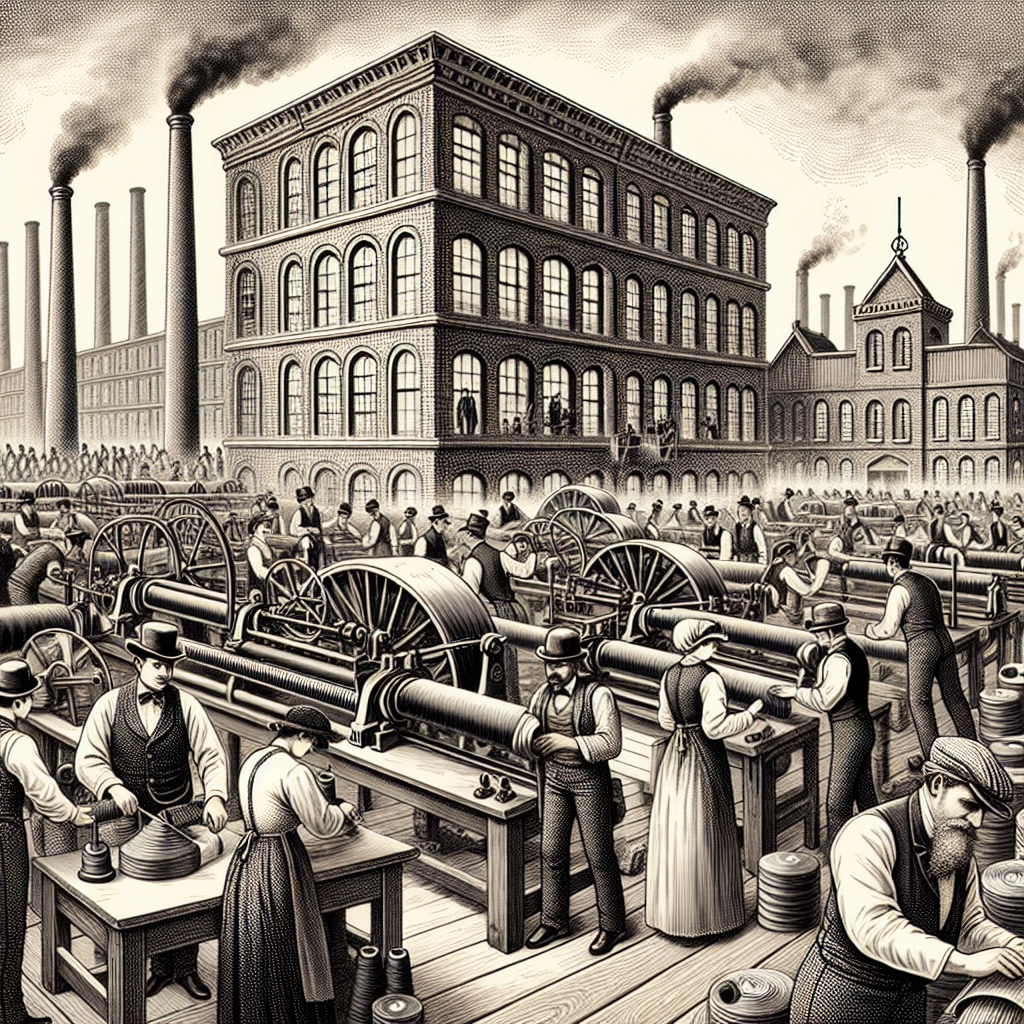Levi Strauss Shares Drop Amid Tariff Challenges
Levi Strauss's shares fell 7.7% after the company's annual profit forecast didn't meet expectations due to tariff costs. Despite strong demand for wide-leg denims, the company's margins were affected by U.S. tariff policies. Analysts consider the Q4 guidance conservative. The company secured holiday inventory early to offset tariffs.

On Friday, Levi Strauss's shares experienced a 7.7% decline in premarket trading. The denim giant's annual profit forecast failed to align with investor expectations, overshadowed by rising tariff-associated costs even with robust demand for wide-leg denims across Europe and the Americas.
Despite capitalizing on the resurgence of baggy apparel trends among Gen Z, Levi Strauss announced a potential 130-basis-point reduction in its fourth-quarter gross margins. This is primarily due to U.S. President Donald Trump's fluctuating tariff policies. The company's significant product sourcing from South Asia—namely Bangladesh, Cambodia, and Pakistan—subjects it to high tariffs.
Barclays analysts view the fourth-quarter guidance as conservative. They noted no change in September trends or resistance against price hikes. Other retailers, like Ralph Lauren and Abercrombie & Fitch, also face pressures due to these trade policies. Levi has prudently secured 70% of its holiday inventory early and adjusted prices to counteract the tariff effects, aiming for profits slightly above prior forecasts.
(With inputs from agencies.)
ALSO READ
Controversy Surrounds Nepal Gen Z Protest Allegations
Nepal's Gen Z Protests: Youth Lead Push Against Corruption and Censorship
Gen Z 212: Morocco's Youth Uprising for Reform
Nepal's Gen Z Revolution: Youth Voices and a Nation in Transition
Gen Z Uprising: The Fight Against Corruption and Censorship










